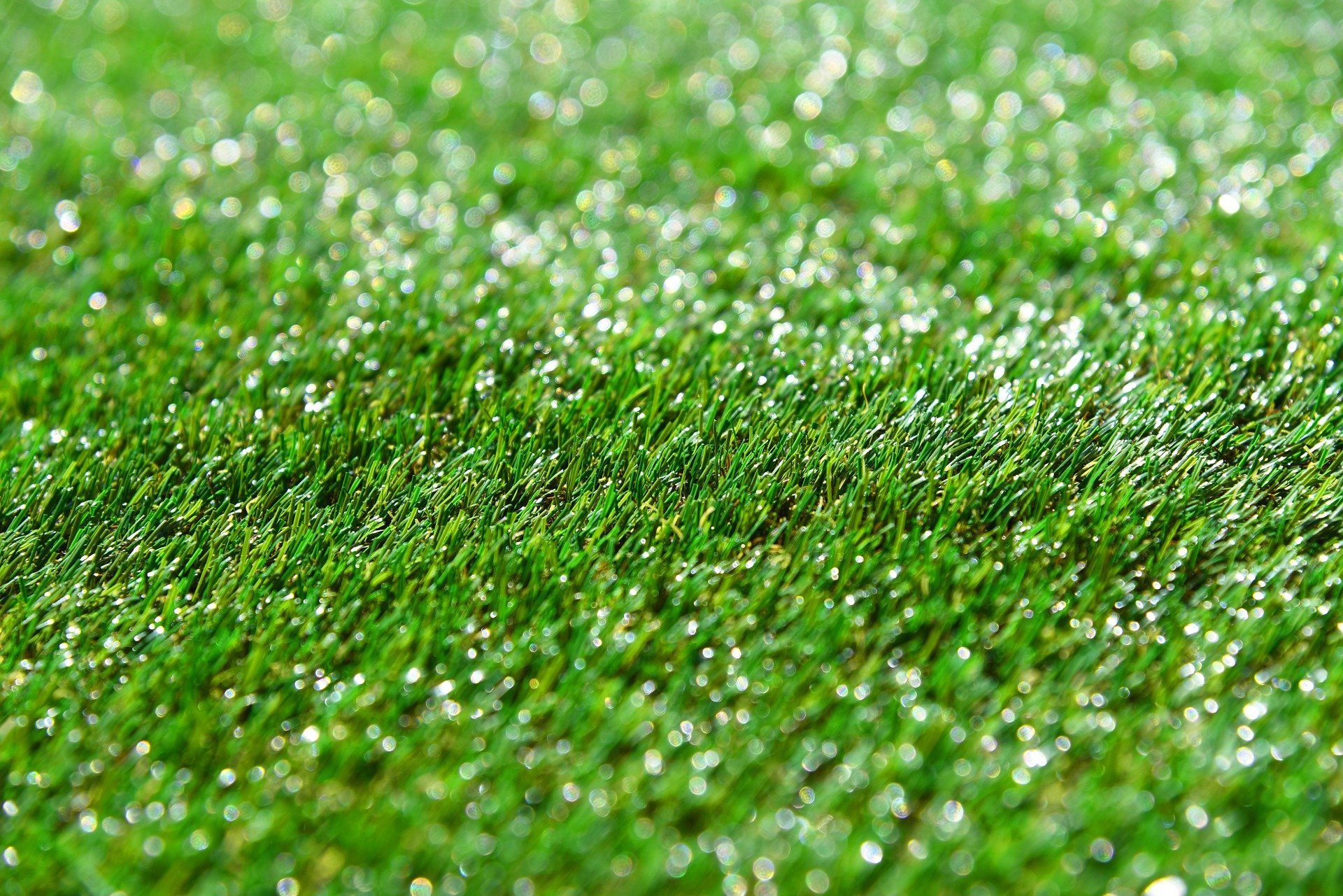
Artificial Turf: The Green Green Grass of Home
AB 349 was signed by Governor Brown on Friday, September 4, 2015, as urgency legislation. This Bill amends Civil Code Section 4735 to stop community associations from prohibiting artificial turf and is effective immediately.
The Bill recites the State’s public policy behind encouraging use of artificial turf in community associations. A drought state of emergency was declared by the Governor in January 2014, and in April 2015 the Governor directed the State Water Resources Board to implement a 25% water reduction statewide. Landscaping irrigation represents 43% of urban water use. The installation of artificial turf or synthetic grass can directly reduce outdoor water use and assist in meeting the Governor’s mandated water use reduction.
The history of the Bill indicates that the Legislators purportedly heard stories about some associations that fined or sued owners for installing artificial turf, and which, despite the water shortage crisis, were “not allowing homeowners to make voluntary sacrifices by installing artificial grass…”
Regardless of the validity of such stories, to preserve “the public peace, health and safety,” the Legislature passed and the Governor signed AB 349 to ensure “that all homeowners have the right to better conserve water by voluntarily replacing grass with artificial grass.”
Thus, the Legislature has now passed amendments to Civil Code Section 4735 which provide:
- Association governing documents cannot prohibit, or include conditions that have the effect of prohibiting, use of artificial turf or other synthetic surface that resembles grass, and any such provisions in governing documents are void and unenforceable
- Associations may adopt and apply reasonable landscape rules that do not prohibit artificial turf or synthetic grass
- Associations may not require removal of the artificial turf upon conclusion of the drought state of emergency
The Legislative history and Bill analysis indicate an intent that the existing law regarding an association’s authority to adopt and enforce reasonable regulations and architectural standards will continue. AB 349 does not change an association’s existing authority under Davis-Stirling or its own governing documents, except that associations may not prohibit installation of artificial turf. There is no guidance in the Bill regarding the content of such association rules. The Legislative findings and history indicate that associations have the authority to regulate artificial turf installation based on reasonable design, aesthetic, and drainage standards, as well as quality restrictions about the type of artificial turf a homeowner can use, including for example, the color and replacement requirements, as long as those restrictions do not effectively make it impossible for a homeowner to install artificial turf.
The Sponsor of the Bill, the San Diego Water Authority, believes “that AB 349 represents a responsible approach to balancing the advancement of water use efficiency in communities throughout the state while retaining important design and aesthetic oversight of the homeowners association.”
It is important to note that AB 349 does not address the architectural or landscape application process, or whether owners must obtain association approval prior to installation of the artificial turf or other forms of drought tolerant landscaping. However, the stated intent behind the Bill is not to change the existing law, which allows an association to adopt reasonable rules and regulations, including procedures for owners to apply for association approval of modifications. AB 349 does not address prior architectural approval, so it is still an open question. The Legislature did not include an exception in AB 349 for owners to bypass the association approval process prior to installation of artificial turf or other drought tolerant landscape.
Under the language of the Bill, an association may not require an owner to remove or reverse the water-efficient landscaping measures upon the conclusion of the state of drought emergency. It is unclear whether an association can require an owner to remove unapproved installations during or after the state of drought emergency ends. However, if an owner does not receive association approval for an artificial turf installation, absent language in the Bill to the contrary, an association may have a reasonable basis to require the owner to remove the artificial turf at any time, since it does not meet the association’s rules and standards.
In summary, care should be taken to ensure that the association’s rules are reasonable and focus on design, aesthetic and drainage concerns and oversight, including color and replacement requirements, but do not prohibit, or have the effect of prohibiting, artificial turf installation. Specifically, the rules may require that the artificial turf be green, look like real grass, be properly maintained, and be installed in locations where grass would otherwise be installed. Also, an association may require that owners apply for association approval prior to installation of artificial turf or other drought tolerant landscape.
The entire Davis-Stirling Common Development Act is available on our website at www.FioreLaw.com/Resources.
Release date: September 14, 2015
